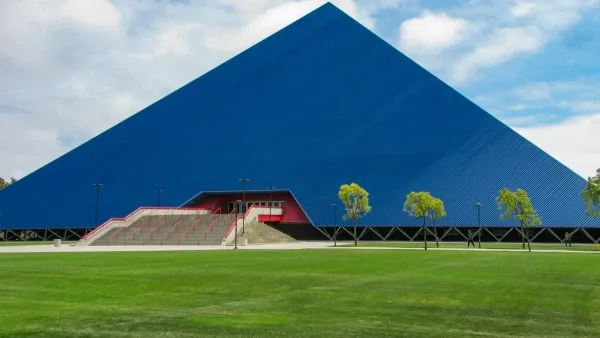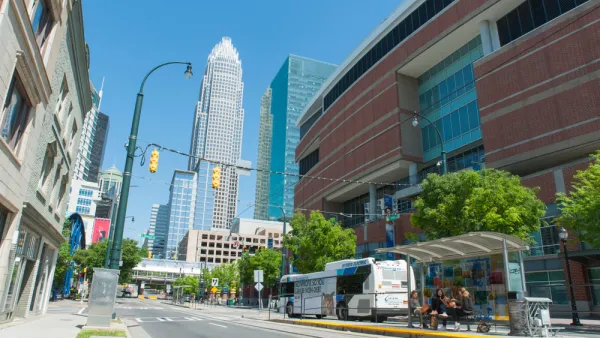At first glance, a meritocratic vision is morally compelling, but upon closer scrutiny, its pursuit ends up legitimizing—and thus reinforcing—the very social and economic inequality it purports to rectify.
"Together we can break down all the barriers holding our families … back. We can build ladders of opportunity … so every single American can have that chance to live up to his or her God-given potential. Then and only then can America live up to its full potential, too." – Hillary Clinton.
This aspiration forms, in a nutshell, the central vision of Hillary Clinton’s quest for the Democratic presidential nomination. What it boils down to is the desire to create a flourishing meritocracy in America. When we “break down all the barriers” holding people back, “every single American” will have the opportunity “to live up to his or her God-given potential.” Simply put, once individual potentialities have been liberated by the removal of barriers blocking advancement, all persons will have the chance to reach a place in American society determined not by the limited opportunities they face, but rather by what they truly merit.
At first glance, this meritocratic vision is morally compelling: that all, regardless of initial circumstances, should have an opportunity to achieve as much as their talents, skills, ability, intelligence, and efforts warrant. As such, it is broadly embraced in America. It sets the groundwork for our political debates, as political analyst Christopher Hayes has recently pointed out, but is “never itself the subject of them, because the belief [in meritocracy] is so widely shared.”
Upon closer scrutiny, however, the meritocratic ideal turns out to be quite pernicious. Summarizing the conclusion of my recent article on the subject, I find that, while this ideal is highly unlikely to achieve its core objectives (except maybe on the margins), its pursuit nonetheless creates “a competitive individualist ‘rat race’ of a society, fundamentally anti-communal and anti-familial, where group solidarity is uncommon and compassion muted.” And, worst of all, it ends up legitimizing—and thus reinforcing—the very social and economic inequality it purports to rectify.
The real tragedy for scholars and practitioners of community development is that, while we might not initially realize it, many of our urban and social policies, especially those advocated by political liberals, are rooted firmly in this pernicious ideal (or what I call a “Meritocratic Paradigm”). In sync with a quintessentially liberal politician like Clinton, this paradigm first identifies the “barriers holding our families … back” from reaching their “God-given potential.” Then it seeks to “break down” these barriers via various policy interventions (with the ostensible result being a marked increase in the upward social mobility of those demonstrating the requisite “merit”).
FULL STORY: Is a Meritocracy Really What We Want?

Analysis: Cybertruck Fatality Rate Far Exceeds That of Ford Pinto
The Tesla Cybertruck was recalled seven times last year.

National Parks Layoffs Will Cause Communities to Lose Billions
Thousands of essential park workers were laid off this week, just before the busy spring break season.

Retro-silient?: America’s First “Eco-burb,” The Woodlands Turns 50
A master-planned community north of Houston offers lessons on green infrastructure and resilient design, but falls short of its founder’s lofty affordability and walkability goals.

Test News Post 1
This is a summary

Analysis: Cybertruck Fatality Rate Far Exceeds That of Ford Pinto
The Tesla Cybertruck was recalled seven times last year.

Test News Headline 46
Test for the image on the front page.
Urban Design for Planners 1: Software Tools
This six-course series explores essential urban design concepts using open source software and equips planners with the tools they need to participate fully in the urban design process.
Planning for Universal Design
Learn the tools for implementing Universal Design in planning regulations.
EMC Planning Group, Inc.
Planetizen
Planetizen
Mpact (formerly Rail~Volution)
Great Falls Development Authority, Inc.
HUDs Office of Policy Development and Research
NYU Wagner Graduate School of Public Service




























